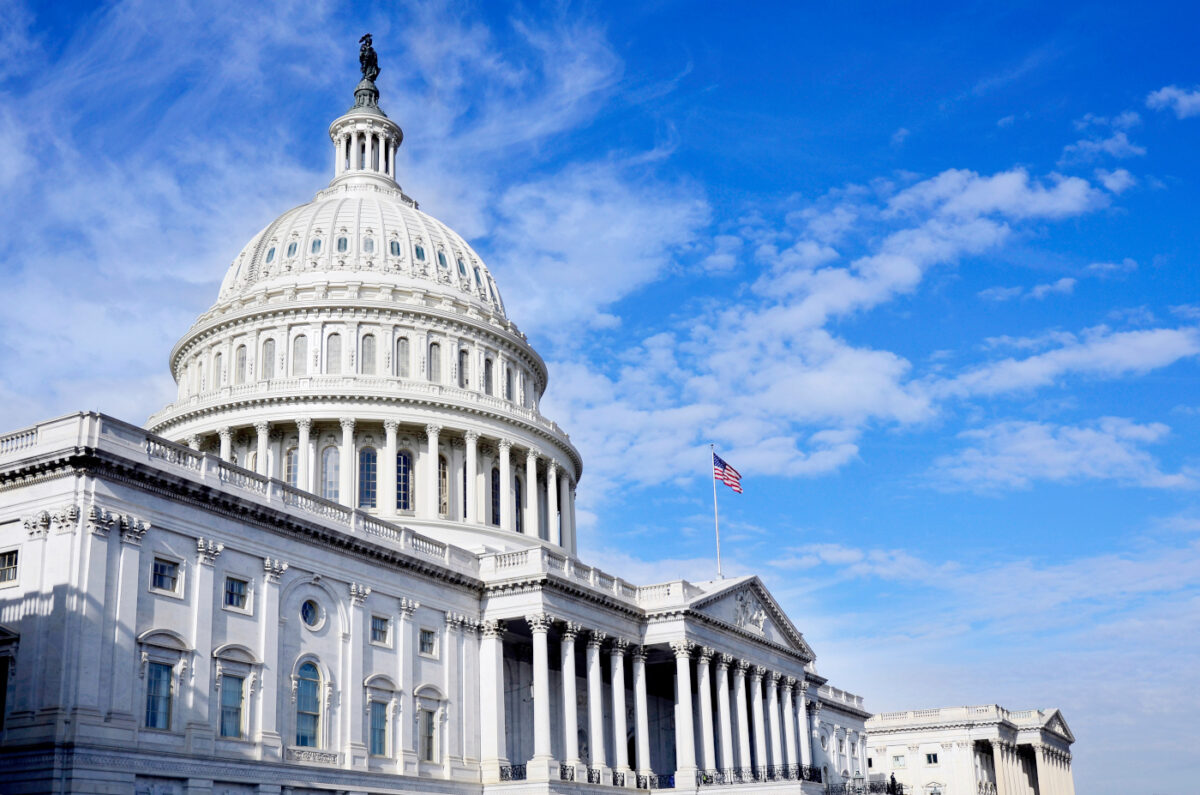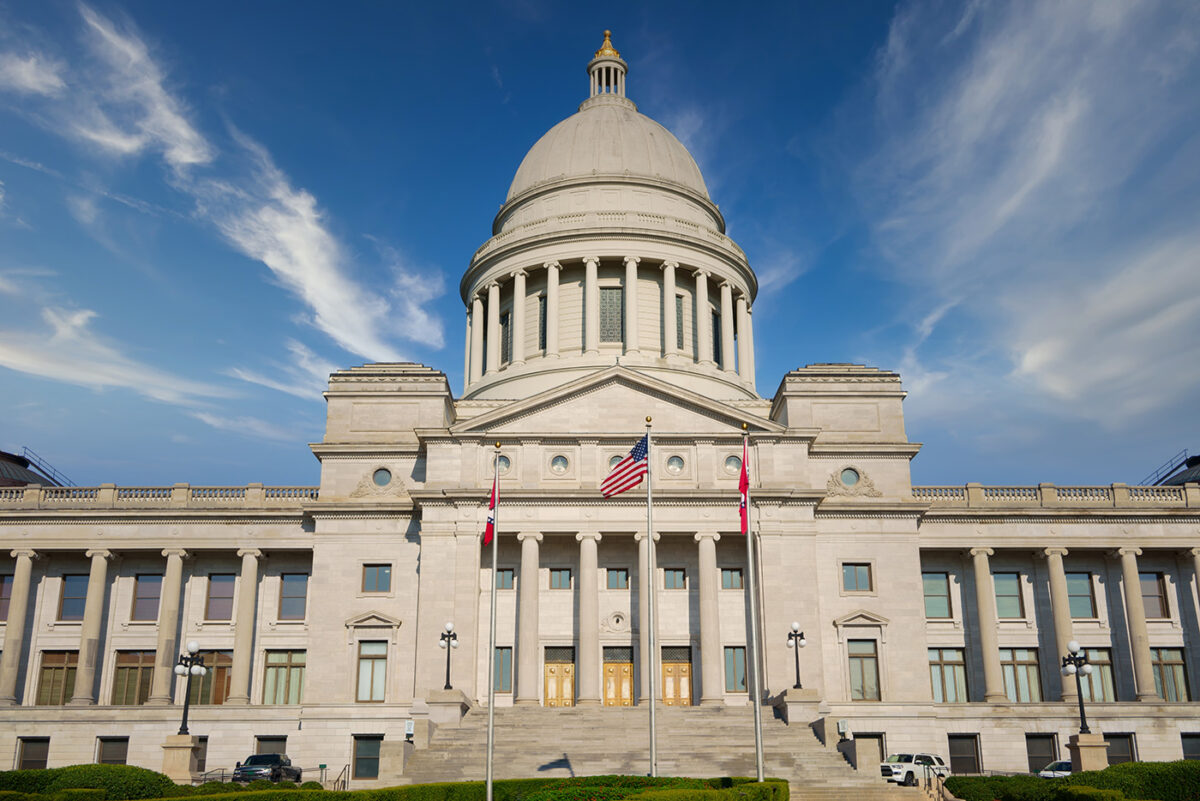
Author
Elizabeth (Izzy) Montgomery, MPA
Policy Analyst
501-526-2244
efmontgomery@achi.net
Jennifer Wessel, JD, MPH
Senior Policy Analyst and Data Privacy Officer
501-526-2244
JBWessel@achi.net
(Update of post published April 8, 2022)
On Tuesday, Oct. 11, the Internal Revenue Service released its final rule to expand access to Affordable Care Act (ACA) premium subsidies to families previously affected by the “family glitch,” a loophole that has left many Americans unable to afford health insurance.
Through the health insurance marketplace, the ACA provides an avenue for financial assistance to individuals who are unable to obtain coverage through their employer or public coverage through Medicare or Medicaid. An individual may be unable to obtain coverage through his or her employer if the employer does not provide health insurance as a benefit or if the insurance coverage is unaffordable.
Under the ACA, employer-sponsored insurance coverage is deemed unaffordable if the employee has to spend more than a certain percentage (indexed annually by the IRS; 9.61% is the percentage for 2022) of his or her household income toward the premium. However, the threshold is based on an individual employee’s premium cost — not the cost of care when family members are also included in the health plan — hence the term “family glitch.” This Obama administration interpretation of affordability meant that many family members were ineligible for premium subsidies to purchase insurance through the health insurance marketplace.
Under the final rule released Tuesday, as in the proposed rule released in April, the affordability threshold for employer-sponsored health insurance will be determined based on the cost to the employee of covering himself or herself and family members, not the employee only. The final rule is set to apply Jan. 1, 2023, which will allow family members to access coverage through the Health Insurance Marketplace beginning next year.
The Kaiser Family Foundation estimates that 5.1 million Americans are impacted by the family glitch, lacking affordable health insurance from their employers while simultaneously being ineligible for premium subsidies. As of 2019, about 52,000 Arkansans were estimated to be affected by the family glitch. A temporary fix was enacted through the American Rescue Plan of 2021. Although the law did not directly address the family glitch, it included provisions that enhanced marketplace premium subsidies beyond 400% of the federal poverty level in 2021 and 2022. The Biden administration has called on Congress to make these enhanced premium subsidies permanent.






